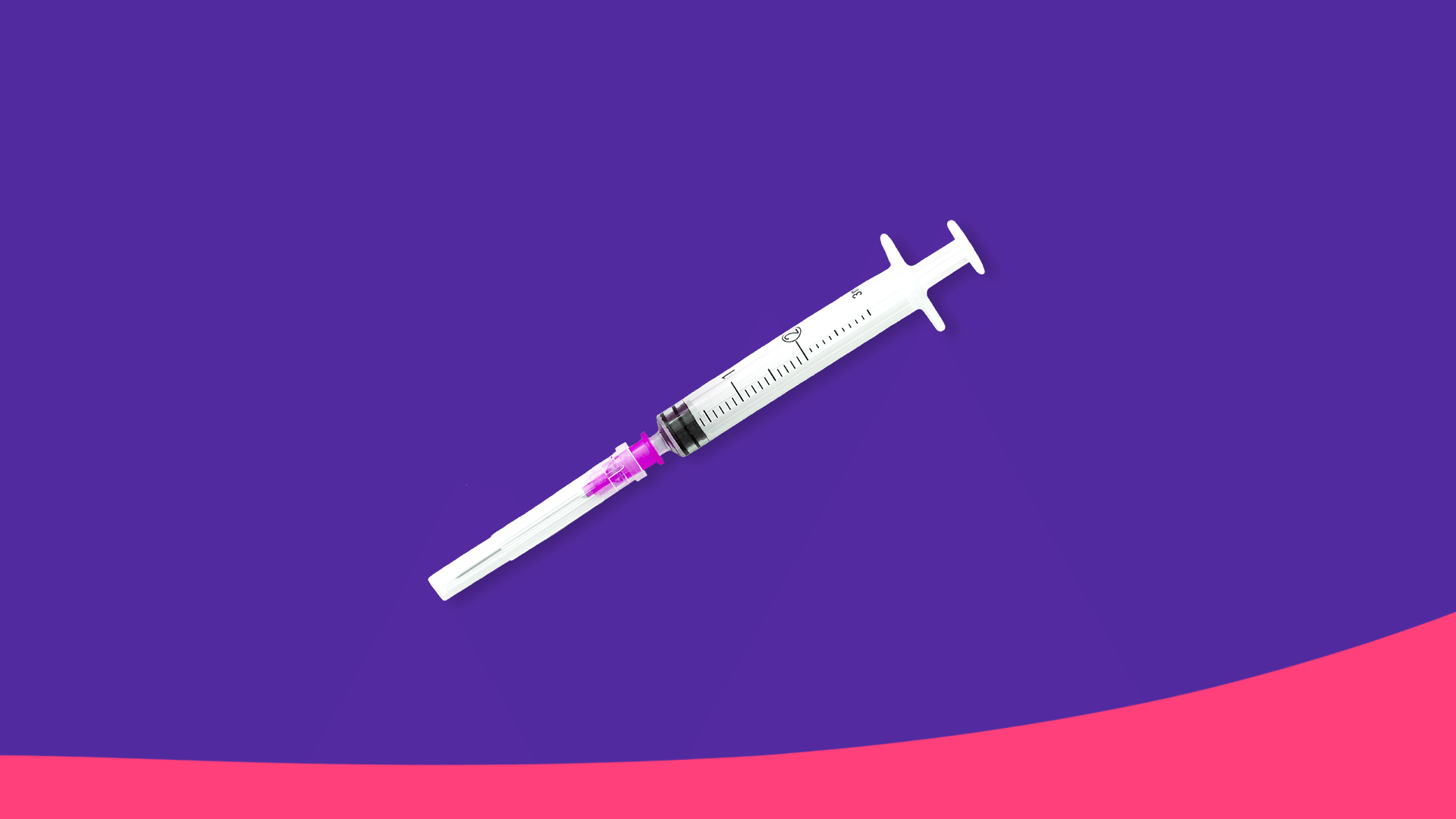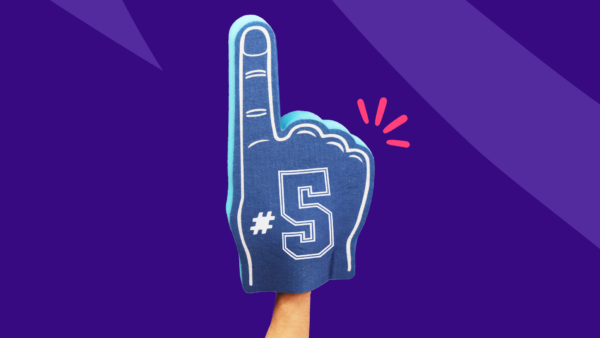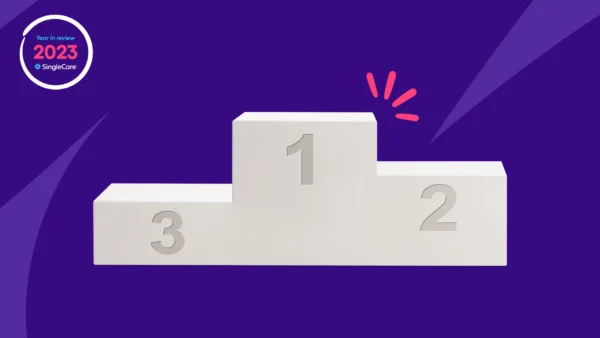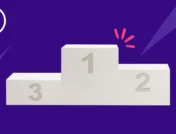As you get older, the risk of pneumonia gets higher and it can be prevented with a vaccine. This is particularly relevant for many Medicare consumers who are 65 years and older. So, does Medicare cover pneumonia shots?
Does Medicare cover pneumonia shots?
Medicare Part B covers pneumonia shots, according to medicare.gov. People enrolled in Medicare Part B can receive the first pneumonia shot at any time and a different, second shot if it’s given at least one year after the first.
Part B is included in both Original Medicare and Medicare Advantage plans (also called Medicare Part C), so both types of Medicare coverage will include pneumonia shots.
In order to get a covered pneumonia shot, people with Original Medicare must see a participating provider. Those with Medicare Advantage should have no cost-sharing at all as long as they see a provider in their plan’s network and they meet the other Medicare requirements for the shot.
The two pneumonia shots covered by Medicare Part B include the pneumococcal conjugate vaccine (Prevnar 13) and the pneumococcal polysaccharide vaccine (Pneumovax 23), which are the only approved vaccines in the United States for pneumonia.
The pneumonia vaccine is not the only vaccination Medicare covers. Medicare Part B and Medicare Part D (prescription drug plans) both cover vaccinations depending on the medical indication of the vaccination.
For example, Medicare Part B covers pneumococcal shots, an annual flu vaccine, and the Hepatitis B vaccine; whereas Medicare Part D plans cover the shingles vaccine, the meningitis vaccine, and the Tdap vaccine, which prevents tetanus, diphtheria, and pertussis/whooping cough.
RELATED: Does Medicare cover flu shots?
Are pneumonia shots free with Medicare?
Medicare pays for pneumonia shots. This immunization is completely free for Medicare Part B beneficiaries if you see a participating provider. However, you may still owe a copayment or coinsurance for your doctor’s visit for any other health services conducted at the time of vaccine administration. Copays vary by insurance plan and whether you’ve met your deductible.
While Medicare is accepted nationwide, not all pharmacies and doctors accept Medicare. However, it should be possible to find a provider that takes Original Medicare or Medicare Advantage plans in your area.
SingleCare can also help people save on vaccine costs at the pharmacy. SingleCare offers free coupons for both the Prevnar 13 vaccination and the Pneumovax 23 vaccination. People may choose to use SingleCare coupons instead of Medicare if they:
- Do not meet Medicare requirements for the pneumonia shot
- Do not have Medicare Part B
- Cannot find an in-network provider in their area
Who should get a pneumonia shot?
The Centers for Disease Control and Prevention (CDC) recommends pneumonia vaccines for children younger than 2 years old and adults 65 years and older. Between the ages of 2 to 65 years, the pneumonia vaccine is only recommended for individuals that are at a higher risk due to certain medical conditions that lower their immune systems.
“Pneumonia vaccines are best for high-risk groups such as people over the age of 65, smokers, and people with lung disease like COPD and asthma,” says Amy Deviney, family nurse practitioner in Denver, CO. “There are two vaccinations that should be given a year apart to protect from several different strains of pneumonia. Prevnar 13 given first and then Pneumovax 23 given a year later.”
There are some individuals ages 65 years and older who should NOT get the vaccine according to the CDC:
- Any individual who has had a life-threatening or severe allergic reaction to Prevnar 13, Pneumovax 23, an earlier pneumonia vaccine labeled PCV7 (Prevnar), or a vaccine with diphtheria toxoid (found in DTaP).
- Any individual who is not feeling well the day of the vaccine. You can reschedule your appointment for when you feel better.
Prevnar 13 (PCV13)
Prevnar 13 (PCV13) is indicated for those ages 18 years and older with additional risk factors to prevent pneumonia and diseases caused by most Streptococcus pneumoniae serotypes (the bacteria that causes pneumonia), but it will not offer protection against the serotypes that are not included in the vaccine. Prevnar 13 is usually given one time in adults.
The side effects from getting PCV13 arranged from most common to least common include:
- Pain, redness, or swelling at the injection site
- Fatigue
- Headache
- Muscle and joint pain
- Decreased appetite
- Limited arm movement
Less than 5% of individuals have fever, chills, vomiting, and rash.
RELATED: What is Prevnar 13?
Pneumovax 23 (PPSV23)
Pneumovax 23 (PPSV23) is recommended for those ages 65 years and older to protect them from pneumococcus germs and bacteria. It will not protect against pneumococcus bacteria not found in the vaccine. Most individuals will only require one shot after turning 65 years old, but those in high-risk groups may benefit from getting the shot earlier. They can talk to their healthcare provider about a vaccine schedule that best fits their needs.
The side effects from getting PPSV23 arranged from most common to least common include:
- Pain or swelling at the injection site
- Headache
- Fatigue
- Muscle ache and pains
RELATED: What is Pneumovax 23?
Severe pneumococcal disease can be life-threatening in older adults. One study even found that older individuals with severe pneumonia had a 20% mortality rate. This means if you started receiving Medicare because of your age, you should talk with your healthcare professional about getting a pneumococcal vaccination to better protect yourself.











